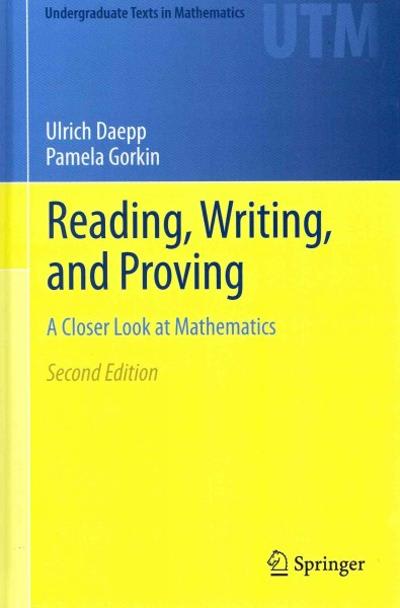Question
Jamal is a professor of biology. He teaches the introduction to biology sequence every year and has 4 different sections each with 60 people. He
Jamal is a professor of biology. He teaches the introduction to biology sequence every year and has 4 different sections each with 60 people. He wants to know if giving students more opportunities to remember course material will increase their retention of the material long-term. He predicts that the more opportunities for retrieval practice the students have, the more they will remember long-term. To test his prediction, he takes his 9:00 a.m. and 10:00 a.m. sections of Biology 100 and implements weekly online quizzes. Each quiz is due on Friday at midnight and has 10 multiple choice questions over that week's material. For a "control" group he uses his 1:00 p.m. and 3:00 p.m. sections of Biology 100. He teaches the classes exactly the same way in his afternoon sections but does not include the online quizzes. Then at the end of the semester he compares the cumulative final exam scores from the morning sections that had the quizzes and the afternoon sections that did not have the quizzes.
- evaluate the researcher's hypothesis based upon the properties of a good, scientific hypothesis.
- What are the two variables the researcher is looking at? Identify both of their constructs and operational definitions.
- Describe the design and methodology of the research as thoroughly as possible on a conceptual level. Be sure to identify any key elements of the design as applicable (independent variable, sampling technique, counterbalancing, measurement modality, etc.)
- What is the internal validity of this study. What threats to internal validity are present? What steps, if any, could be taken to improve the internal validity of this study?
- What is the external validity of this study. What aspects may be decreasing the external validity of the study? What steps, if any, could be taken to improve the external validity of this study?
- What inferential statistical tests should be used to evaluate the results and why? If the results end up being statistically significant, how would you interpret them?
- What are the basic ethical concerns this researcher should be aware of, and what should the researcher do to ensure this research is conducted ethically and legally?
Step by Step Solution
There are 3 Steps involved in it
Step: 1

Get Instant Access to Expert-Tailored Solutions
See step-by-step solutions with expert insights and AI powered tools for academic success
Step: 2

Step: 3

Ace Your Homework with AI
Get the answers you need in no time with our AI-driven, step-by-step assistance
Get Started


